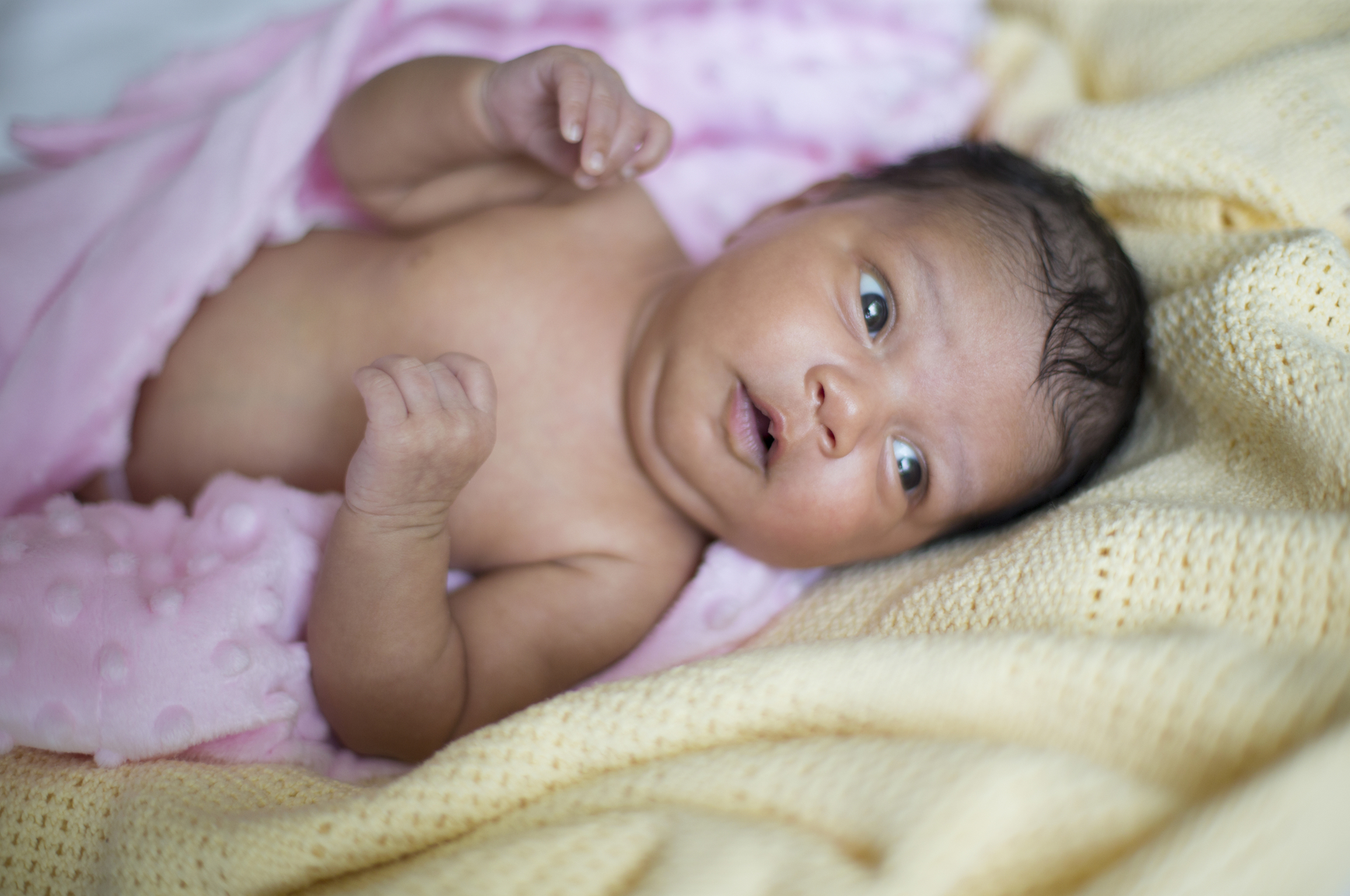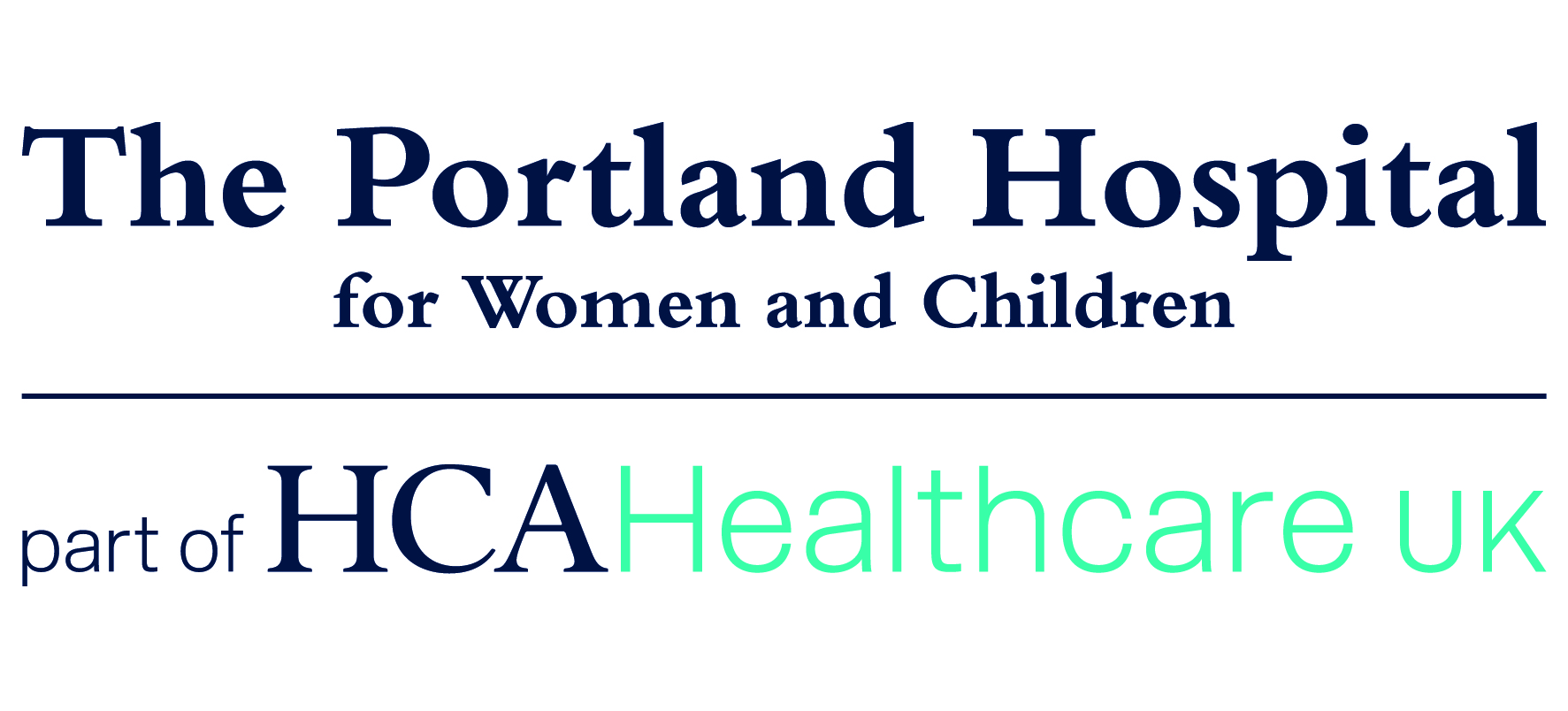
What is GBS carriage?
Carrying GBS (GBS colonisation or carriage) is normal, up to one in every three adults carries GBS in the gut and up to 2-4 in ten women in the vagina/rectum (20-40%). GBS is not a sexually transmitted disease. Carriage can come and go. No treatment is required for GBS carriage until labour starts.
What is GBS infection?
GBS infection occurs most often in babies shortly before, during or after birth though thankfully this is not common. Untreated, around one in every 1,000 babies develops GBS infection. With prompt medical care, most sick babies recover fully but up to 5.2% of infected babies die and some survivors, 7.4% suffer long-term problems.
Occasionally, GBS is found in Mum’s urine during pregnancy – this is a urinary tract infection (not carriage) which needs antibiotic treatment at diagnosis, plus Mum should be offered intravenous antibiotics in labour.
Very rarely, GBS infects the womb or the waters around the baby before birth, which can lead to late miscarriage and stillbirth.
What do I need to know about GBS?
Identifying Mums likely to be carrying GBS in labour and giving them intravenous antibiotics at the start of labour or waters breaking and at intervals until birth prevents most GBS infection in newborn babies.
How do I know if I am carrying GBS?
Most people don’t know if they carry GBS as there are no symptoms – those who do, often find out accidentally when they’ve had tests done for other reasons. Testing isn’t essential, but it is the only way to find out if you’re carrying GBS. Most babies exposed to GBS will not develop infection although, for the small number who do, it can be life-threatening.
Carrying GBS late in pregnancy doesn’t mean your baby will develop GBS infection, although s/he is at an increased risk. If you know you carry GBS by having intravenous antibiotics once labour has started the likelihood of your baby being infected can be reduced.
What are the tests for GBS carriage?
Routine testing of Mums for GBS carriage in pregnancy is not currently advised, as no screening test is entirely accurate. The routine tests offered, say if you have an abnormal discharge, only pick GBS up about 50% of the time when Mum is carrying it. Although, if a vaginal swab comes back as positive for GBS, you can be sure you do carry GBS. Remember! Mums who’ve had a baby with GBS infection should always be offered intravenous antibiotics from the start of labour in all subsequent pregnancies, so they don’t need testing.
Is my baby at risk of GBS infection?
There are six situations where a newborn baby has a higher risk of developing GBS infection. Risk factors for GBS infection in newborn babies:
If you carry GBS this pregnancy, the chance your baby will develop GBS infection (without preventative medicine) is around one in 300. If you have another ‘risk factor’, such as going into labour prematurely, this increases 3 times to around three in 300 or one in 100. Carrying GBS before this pregnancy doesn’t mean you’re carrying GBS now – carriage can come and go. If you haven’t had a positive GBS test result this pregnancy, you should only be offered intravenous antibiotics in labour if one or more other risk factors are present.
How can GBS infection in newborn babies be prevented?
Most GBS infection in newborn babies can be prevented. Up to 90% of early-onset GBS infection would be preventable if intravenous antibiotics were offered in labour to all Mums carrying GBS, identified by universal sensitive testing in pregnancy, plus to Mums with any of the other recognised risk factors (listed above).
GBS Recommendations:
Mums whose babies are at risk of GBS infection:
High risk – Mum should be strongly advised to have intravenous antibiotics in labour until delivery. At high risk means:
Increased risk – Mum should be offered intravenous antibiotics in labour until delivery At increased risk means:
The Royal College of Obstetricians and Gynaecologists recommend the antibiotics should be given for a minimum of 4 hours before delivery. GBSS considers this the absolute minimum, with a period in excess of 4 hours being more ideal. Intravenous antibiotics recommended for Mums in labour until delivery are:
Where infection of the membranes is diagnosed or suspected (called “chorioamnionitis”). or where there is premature prolonged rupture of membranes, broad spectrum intravenous antibiotics should be given which include adequate GBS cover. If you are allergic to Penicillin or any other antibiotic, you MUST tell your health professionals using any antibiotic carries risks, so please discuss this with your health professionals.
Care after birth
If your baby is born at full term (after 37 completed weeks) and you received antibiotics through a drip in labour at least 4 hours before giving birth, then your baby does not need special monitoring after birth.
Babies born at increased/high risk to Mums who HAVE NOT received antibiotics for more than 4 hours before delivery should be:
If there’s any doubt about whether an infection is present, the baby should be started on intravenous antibiotics until it is known that he/she is not infected.
If you have previously had a baby affected by GBS infection then your baby will be monitored for 12 hours even if you had antibiotics through a drip in labour.
The chance of your baby developing GBS infection after 12 hours is very low and neither you nor your baby will need antibiotics after this time unless you or your baby becomes ill.
Caesarean Sections
Planned Caesareans are not recommended as a way to prevent GBS infection in babies. They reduce but don’t eliminate the risk of GBS infection in babies and pose their own risks for both Mums and babies. If your planned Caesarean is before your waters break and labour starts, then antibiotics against GBS infection are not recommended as the risk of the baby developing GBS infection is so low. If labour has started or your waters have broken, then you should be treated as for a normal labour up until the time when an emergency Caesarean section becomes necessary, when you should be delivered immediately
What Are the Signs of GBS infection in my baby?
Most babies who develop GBS infection become unwell in the first week of life (which is known as early onset GBS infection), usually within 12–24 hours of birth. Although less common, late-onset GBS infection can affect your baby up until they are 3 months old. Having antibiotics during labour does not prevent late onset GBS. More information on late-onset GBS infection is available here: www.gbss.org.uk/infection.
Babies with early-onset GBS infection may show the following signs:
*identified by tests done in hospital
If you notice any of these signs or are worried about your baby, you should urgently contact your healthcare professional and also mention GBS. If your baby has GBS infection, early diagnosis and treatment is important as delay could be very serious or even fatal.
For a list of useful contact details for The Portland Hospital, please click HERE.
